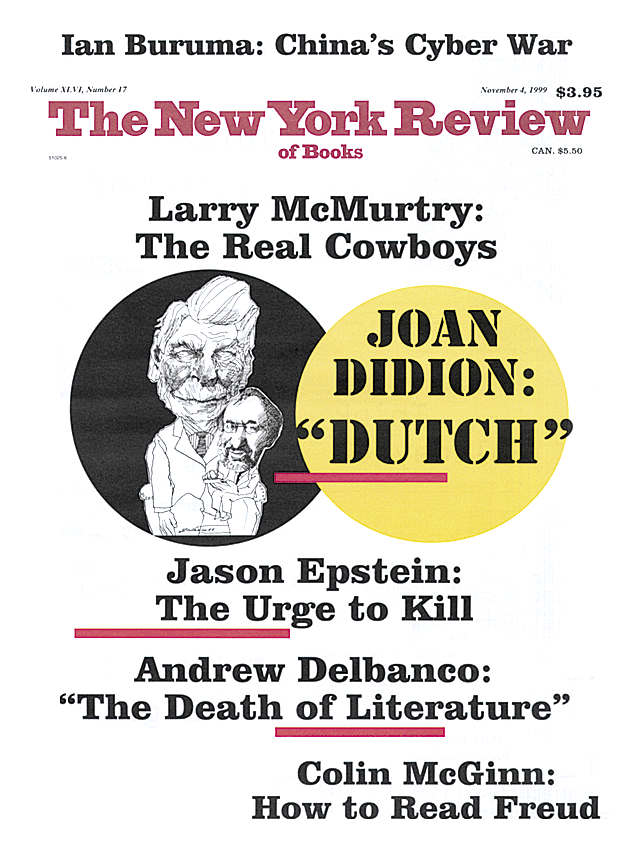Connoisseurs of traditional Peking opera would have enjoyed the recent meeting in Shanghai sponsored by Fortune to consider “China: The Next 50 Years.” The audience of approximately three hundred CEOs of US and other companies and over a dozen Chinese managers heard an opening address from President Jiang Zemin.
That was the moment when opera lovers would have realized they were watching a performance. Although none of the principals were wearing the painted face and gaudy costume which instantly identify a role in Peking opera, everyone at the Fortune meeting had a part. President Jiang played the tough, hectoring ruler. China has its own definition of human rights, he said. “We oppose any efforts by any country to impose its own social system and ideology on another country”—although Beijing has signed international human rights conventions. If necessary, Mr. Jiang added, China would use force in Taiwan.
Rulers in traditional China and especially in its theater expected and received deference. President Jiang was introduced as “my good friend” by Gerald Levin, chairman of Time Warner Inc. But emperors exhibited condescension to those who came from afar. Thus the Chinese banned the Asia edition of Mr. Levin’s Time magazine, which contained contributions by the Dalai Lama and the exiled dissidents Wei Jingsheng and Fang Lizhi. Time Warner’s Inter-net version of CNN was banned as well. According to the reporter for The Washington Post, “Fortune’s program also was apparently softened to appease the Chinese hosts.” Sessions on state-owned industries and the People’s Liberation Army were canceled.
No level of groveling was too low for the bearers of tribute. Chairman and CEO of Nokia Corporation Jorma Ollila said, “We are pleased to see China’s legal system is improving. Cooperation is set on mutual trust, and the experience of Chinese leaders in managing the country over the past years makes us confident in our China investment.”
That very day security men arrested members of the meditative movement Falun Gong who were sitting in Tiananmen Square. They joined the hundreds of thousands who, according to the estimates of Human Rights in China, were detained, under special regulations in Beijing, to “ensure stability” on October 1, China’s National Day, celebrating fifty years of Communist rule. Nothing Mr. Ollila would recognize as law has had a part in these detentions or in the long-term recent jailings of virtually every leader of the country’s tiny Democracy Party (the successors to the exiled Wei Jingsheng and Fang Lizhi) or in the kidnapping in 1995 of Gendun Choekyi Nyima, the six-year-old boy identified by the Dalai Lama as the eleventh Panchen Lama. He and his family have vanished and the authorities refuse to say where he is. Tibetans monks and nuns who objected are in prison.
A Chinese in 1899 would have found the entire performance familiar. Although not in a mandarin’s jacket and skirt, Sumner Redstone, chairman of Viacom and a prospective buyer of CBS, exhibited fealty. While “journalistic integrity must prevail in the final analysis,” he said at a news conference, “that doesn’t mean that journalistic integrity should be exercised in a way that is unnecessarily offensive to the countries in which you operate.” From this it seems that, if Mr. Redstone has his way, future CBS reporters in Beijing, like Fortune and the other tribute bearers to the Chinese court, will be expected to kowtow.
This Issue
November 4, 1999


